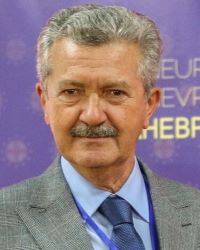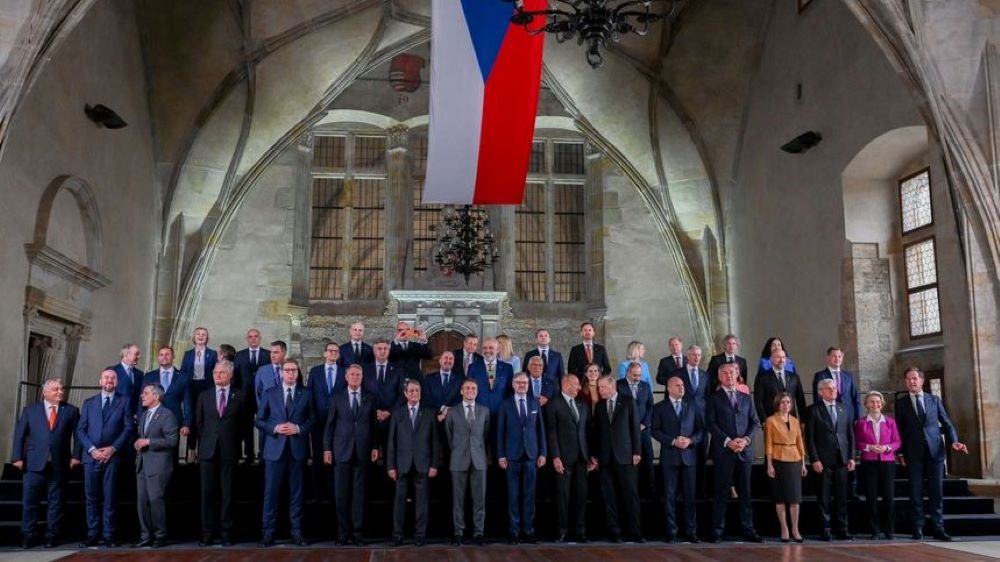Given that the European political community will not have its own administration or budget, and that its status among institutions of the European Union remains unclear, the question is – what is the realistic capacity of this type of organization for preparation and decision-making, and especially decision implementation.

Osman Topčagić
Less than five months after the French President Emmanuel Macron symbolically held his speech in the European Parliament, symbolically done at the final conference of the debate on the future of Europe on May 9, Europe Day, and presented the idea of establishing a European political community – its first meeting was held at the summit, which invited 44 countries from the European continent.
Ideas for gathering of all the countries of the European continent date back to the time after the First World War, with the Pan-European movement, and in recent times have been revived after the fall of the Berlin Wall and the disappearance of the bloc division.
This time the immediate impetus for presenting the proposal was the application of Ukraine, exposed to Russian aggression, as well as Moldova and Georgia, for membership in the European Union. With the granting of candidate status to Ukraine and Moldova, but also a very clear awareness and message that full membership in the European Union is achieved through a process that optimistically lasts for years and realistically for decades, there remains the need to seek and establish a pan-European platform primarily for political and security, but also for cooperation on issues of energy, transport, migration and others, as needs arise.
The first Summit of the European Political Community was held in Prague as a half-day meeting.
It is now possible to offer at least approximate answers to some of the questions that arose immediately after the idea of founding this new organization was presented.
First of all, the meeting took place and that in itself is a success. The unity of practically all European countries that condemned the Russian aggression against Ukraine was preserved.
As was announced, no documents were adopted and no joint statements were made. The fact that member states of the European Union, candidates and potential candidates for membership, states that remain in the vicinity and do not have the perspective of membership, as well as the United Kingdom that left the EU, were present, confirms the comprehensive character of this new organization.
As is usual with multilateral events, a number of bilateral meetings were held on the sidelines – of which meetings between the French president and the British prime minister, as well as the presidents of Azerbaijan and Armenia attracted the most attention.
As for the countries of the Western Balkans, at least according to statements of some of the present officials, the fear that this will be a substitute for the promised perspective of EU membership has been soothed.
Since membership is still quite a distant prospect, even for those who have advanced furthest in the negotiations, presence and the possibility of exchanging opinions and possibly making decisions is a useful thing. Concrete benefits will also depend on how the European political community will be further developed and established. Judging by an analytical text by the Robert Schuman Institute, emphasis could be placed on issues that are included in the political criteria for EU membership, which could then serve as preparation for meeting and implementing the appropriate conditions for member aspirants.
Still, given that the European political community will not have its own administration or budget, and that its status among institutions of the European Union remains unclear, the question is – what is the realistic capacity of this type of organization for preparation and decision-making, and especially decision implementation. This will depend on and will probably be seen after the following meetings, which will be held alternately in countries that are already members of the EU and those that are not, every six months.
Osman Topčagić, the current president of the Pan-European Union of Bosnia and Herzegovina, has been intensively involved in the process of joining the Euro-Atlantic community for the past 20 years



Leave A Comment